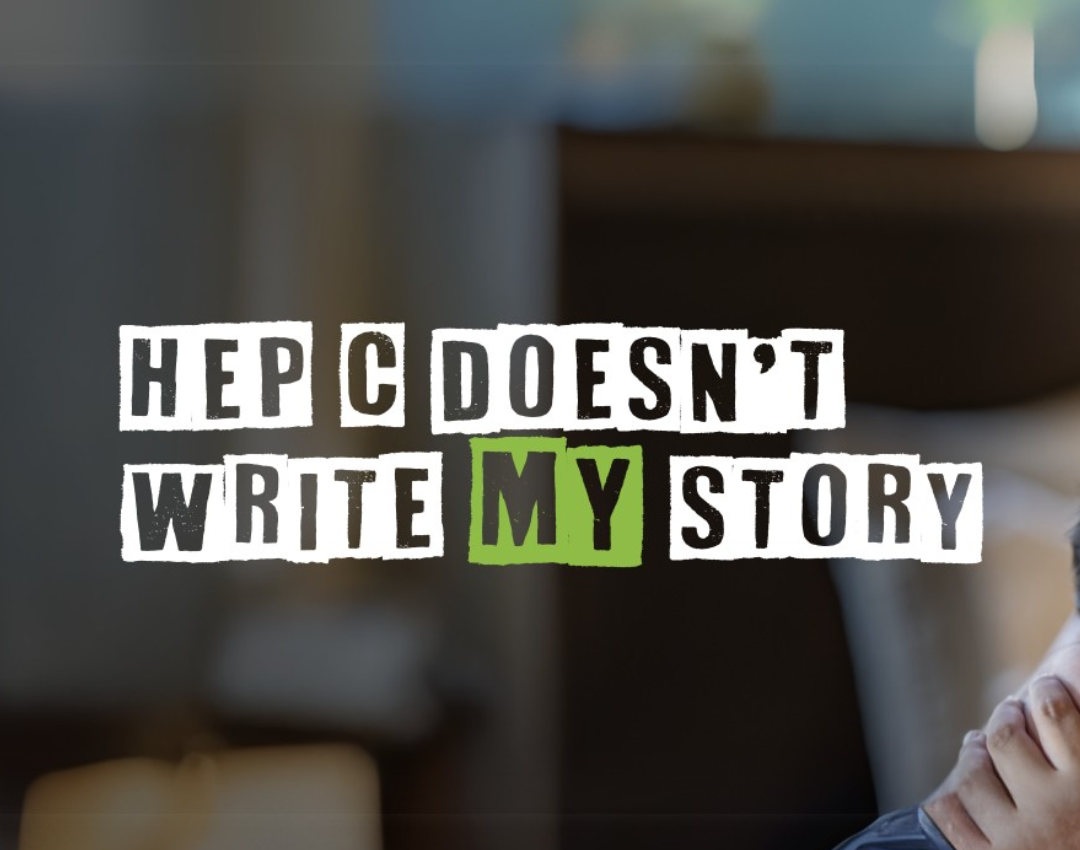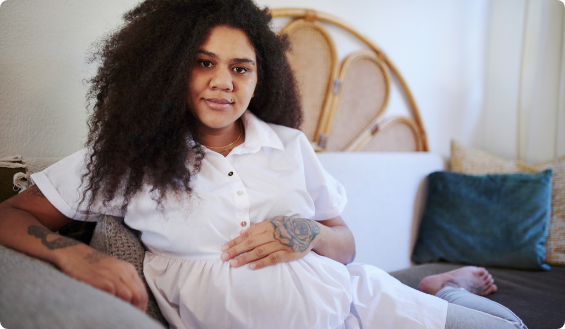Try talking to someone you trust, like a family member, friend, neighbour, community worker, or healthcare professional:
• To help you deal with hep C
• If you feel alone
• To meet others with hep C
Some groups meet in person and others might meet online.
There is hope.
Treatment cures most people living with hep C.
Cure means the virus is no longer in the blood – this is confirmed with a blood test 3 months after finishing treatment.
Your healthcare team can recommend a treatment option that’s right for you
Talk to a healthcare provider today. Consider these topics to help get the conversation started:
How to protect yourself and others
Ways to avoid hep C in the future
Your treatment options
What treatment means for you
How to know if you’ve been cured after treatment
What support resources are available to you.
--------------------------------------------------------------
Did you know?
For most people, hep C treatment is paid for by public health insurance (provincial, territorial, or federal).
Others might have private insurance from their jobs that helps cover the cost of the treatment.
---------------------------------------------------------------
ALREADY BEING TREATED? SPREAD THE WORD AND HELP OTHERS GET TESTED!
Simple steps can help protect against hep C
Avoid hep C in the future and prevent it from spreading to your loved ones or others
You should:
Cover open sores or cuts on your skin
Only get a piercing or tattoo using clean equipment
Make sure that sexual partners know their status
If you use street drugs, make sure partners use their own material – don’t share!
You should not share:
Personal care items that can cut the skin, such as razors or toothbrushes
Jewellery that pierces the skin, like earrings
Bath or hand towels that might have blood on them
GET INFORMED, GEST TESTED, GET CURED!
Try talking to someone you trust, like a family member, friend, neighbour, community worker, or healthcare professional:
• To help you deal with hep C
• If you feel alone
• To meet others with hep C
Some groups meet in person and others might meet online.
There is hope.
Treatment cures most people living with hep C.
Cure means the virus is no longer in the blood – this is confirmed with a blood test 3 months after finishing treatment.
How to protect yourself and others
Ways to avoid hep C in the future
Your treatment options
What treatment means for you
How to know if you’ve been cured after treatment
What support resources are available to you.
--------------------------------------------------------------------------------------
Did you know?
For most people, hep C treatment is paid for by public health insurance (provincial, territorial, or federal).
Others might have private insurance from their jobs that helps cover the cost of the treatment.
--------------------------------------------------------------------------------------
ALREADY BEING TREATED? SPREAD THE WORD AND HELP OTHERS GET TESTED!
Simple steps can help protect against hep C
Avoid hep C in the future and prevent it from spreading to your loved ones or others
You should:
Cover open sores or cuts on your skin
Only get a piercing or tattoo using clean equipment
Make sure that sexual partners know their status
If you use street drugs, make sure partners use their own material – don’t share!
You should not share:
Personal care items that can cut the skin, such as razors or toothbrushes
Jewellery that pierces the skin, like earrings
Bath or hand towels that might have blood on them

















